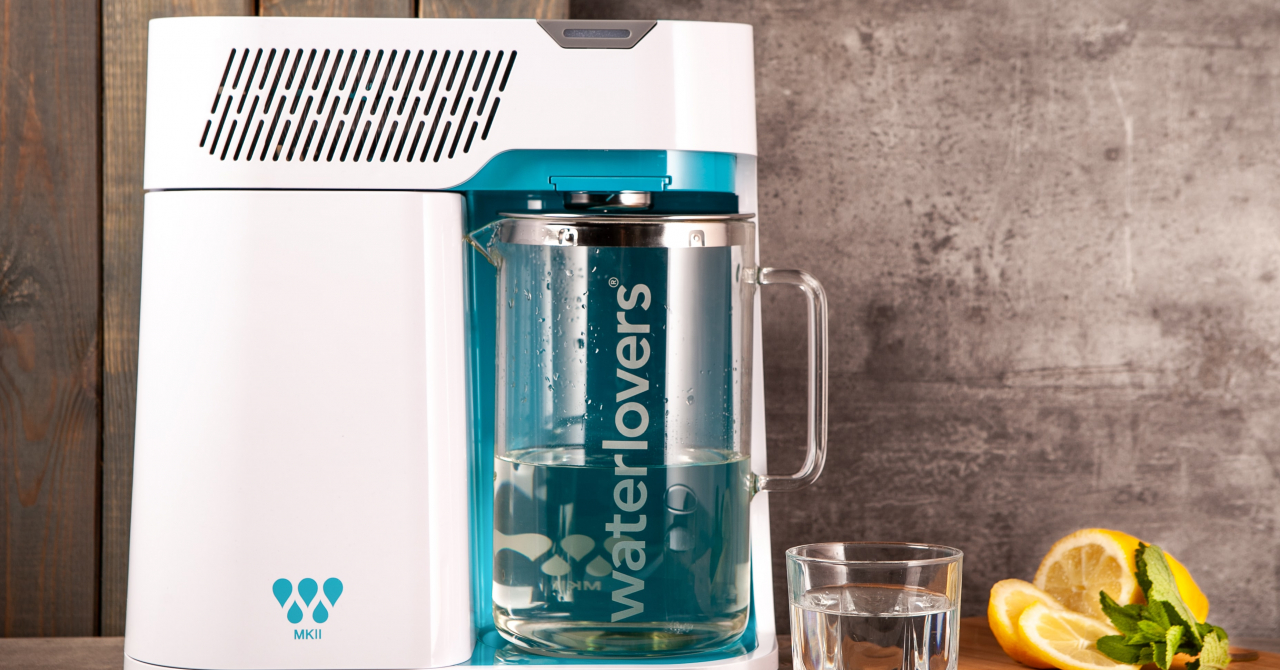According to New Atlas, the new membrane is made of nanoscale tubes lined with a Teflon-like material that traps salt, allowing only water to pass through with little friction.
Since freshwater is not as widely available in some places and climate change only worsens the situation, this kind of technology could prove vital for communities in need of water.
Alongside it, there are other methods to provide clean water for the locals, such as with the help of dew-collecting panels.
The ingredient that enables this new kind of filtering technology is fluorine, a hydrophobic material that made Teflon known for its non-stick property. Fluorine-based coatings have been used before to enable smooth water flow inside pipes.
The negative charge of the fluorine prevents salt from passing through, enabling just the water to flow through the filters, which in turn provides a faster and more efficient filtering system.
Yoshimitsu Itoh, lead author of the study, said that “it was very exciting to see the results firsthand."
"The smaller of our test channels perfectly rejected incoming salt molecules, and the larger channels too were still an improvement over other desalination techniques and even cutting-edge carbon nanotube filters. The real surprise to me was how fast the process occurred. Our sample worked around several thousand times faster than typical industrial devices, and around 2,400 times faster than experimental carbon nanotube-based desalination devices”, he added.
The team at University of Tokyo wants to make more technological advancements in order to lower the amount of energy required to create the fluoride nanoring membranes in order to scale them up, hoping that in a few years, it will be able to test a one-meter-wide membrane.
 Mihai - Cristian Ioniță
Mihai - Cristian Ioniță












Any thoughts?